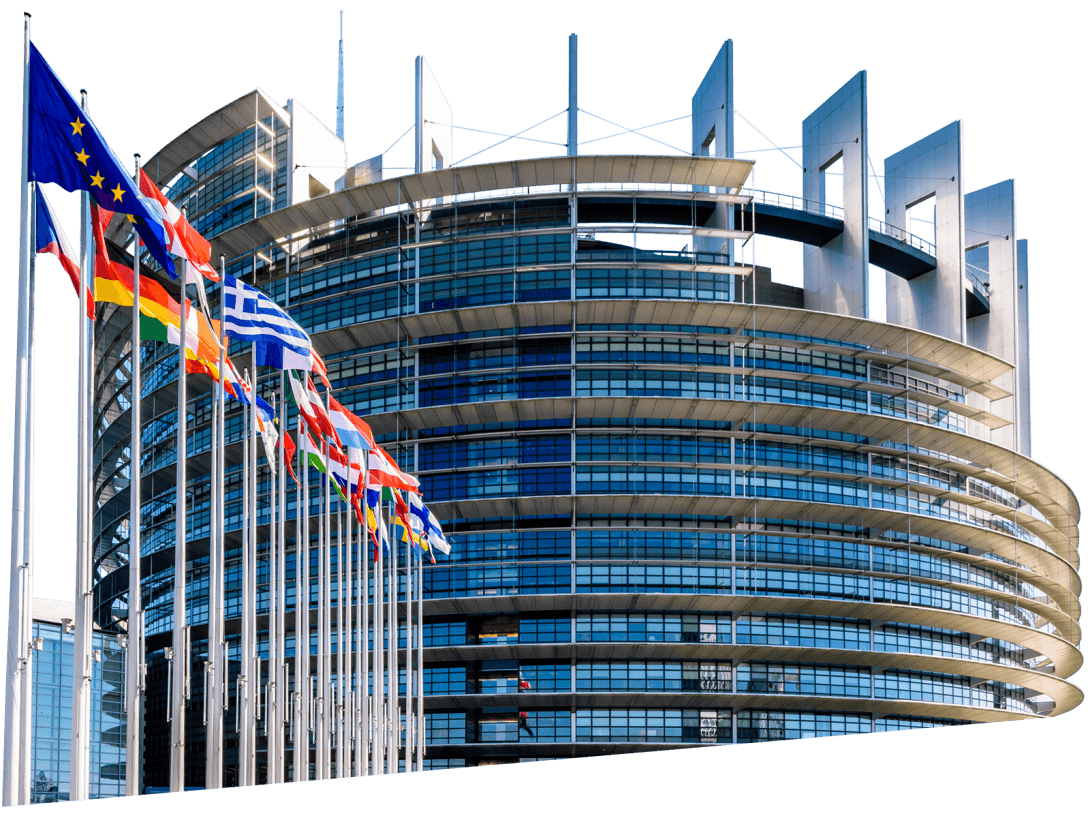In order to remain competitive on the world stage, Europe has some deficits to make up for, but is on the right path to regain lost ground. This was the basic tenor of the panel discussion at the Banking Congress titled “Global power struggles: is Europe ready to sail the high seas?” The panel featured Cathryn Clüver Ashbrook, Senior Advisor at the Bertelsmann Stiftung, Chairman of the Board of Managing Directors of Commerzbank Manfred Knof, President and Chief Executive Officer of Siemens Roland Busch and Christian Dürr, Leader of the FDP parliamentary group in the Bundestag. The FDP leader emphasised that Europe was a well-built ship, but said that the sails had not been well set. “Europe’s geopolitical relevance is closely tied to our economic relevance. However, we are simply not in a position of economic dominance on the global stage, so that is what we need to focus on,” he stated. He continued on, saying that governments have a duty to ensure that the right framework conditions are in place, and must do everything in their power to make certain that “we enjoy economic success once more.” Manfred Knof was more optimistic. He agreed that more Europe was required. However, he said, there were already signs of wind in the sails: “Let’s take the capital markets union as an example,” he said. The subject is currently, thankfully, on the agenda of every political representative, Knof noted. So now the most important thing, he said, is to ensure that targeted measures are taken to guide the transformation process to success, and not simply talk it to death.
Siemens CEO: Europe is sailing through troubled waters
CEO of Siemens, Roland Busch, believes that Europe is suffering from a lack of investment in many areas, most notably defence and energy. As such, he says, Europe is currently sailing through troubled waters, but despite this, the transformation must continue. He then called for a clear industrial policy, saying it was indispensable. Cathryn Clüver Ashbrook added that now was the time for a show of strength from Europe. However, she did note that there were some deficits. “Overall, we are too slow, and European solidarity is no longer always a given. We have to take on the fractures in Europe and take responsibility.” When talking about the banks, Clüver Ashbrook called for them to provide private capital and for the Member States to support them as they do so.

